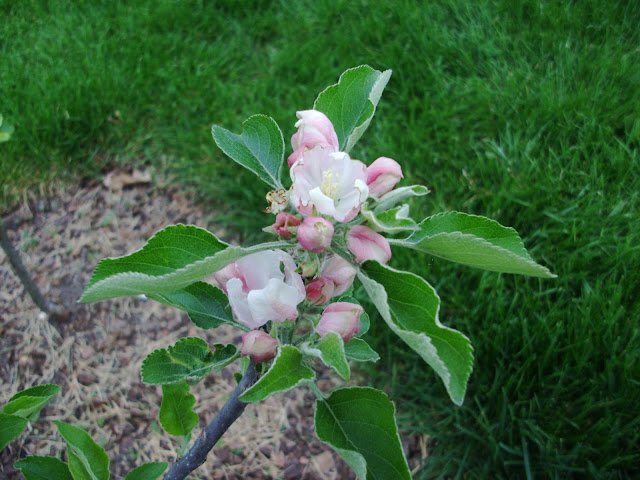“You won’t rescue the Shire just by being shocked and sad, my dear Frodo.”
~Merry Brandybuck, Return of the King
(This was originally written in October of 2017, but the sentiments are timely, so I'm reposting.)
~~~
A couple days ago I was sitting at my desk, taking a break from editing papers to see what my friends were up to on Facebook. As soon as I looked at the newsfeed, I plunged into a world of darkness. Images of weeping people at the Vegas shooting, memes about gun control and lack thereof, arguments, condolences, news articles with catchy titles. I found myself falling down the rabbit hole until I couldn’t breathe anymore, and yet here I was, scrolling, scrolling, always mechanically scrolling.
Finally I paused and looked up. The sky was cloudy through my window and I could see the henhouse that Zach and I had just painted. “Why am I scrolling through these articles?” I asked myself. After a few moments, I answered, “Because I want to help, and I don’t know how.”
I shut my computer. I stood up and shook myself off. I folded some laundry, and did some dishes, and cleared my head. When I returned to editing papers, I critiqued a student on her run-on sentences while being fully aware that she lives in Puerto Rico and does her schoolwork by generator power these days. (She had written me, “The beautiful colors of my country are gone and all that’s left is wreckage.”)
Feeling shocked and sad felt more like caring than teaching a student how to construct a sentence. But was it really?
The pressure to stay informed is higher than ever, and with a shrinking world and instantaneous technology, there’s more than ever to keep track of. If I don’t know the details of the Las Vegas shooting or the latest police brutality case or the fallout of Hurricane Irma, I feel out of the loop, uninformed— maybe I just don’t even care?— but I do care! I want to care, I must care, because these are things are horrible or unjust and worth caring about! And so I reassure myself that I obviously do care because look at all these articles I’m anonymously skimming through. Look at how bad and sad and shocked I feel. Keep scrolling, keep scrolling, keep scrolling.
Stop.
Pause.
Consider.
Compassion for other people is essential, as is prayer if you’re a Christian. And I do believe it’s crucial to be informed about important issues.
But here’s the thing: there are so many important issues.
And you cannot possibly care about them all.
We are human. We have limited time, energy, focus, and money. If I try to commit myself to every single bad thing that happens, every injustice in the world, I will crash and burn and spend my time numbly scrolling through articles, substituting feeling bad for any sort of meaningful action.
The more I focus on the latest tragedy, the less energy I have for nurturing my students, listening to people with different perspectives, encouraging friends who are going through a tough time, and gaining a thorough understanding of just a few issues. The point is not to bury your head in the sand or lack empathy— it’s to use your time wisely for the greatest good.
Some people have committed themselves to politics— they call their representatives, get involved in local government, march in protests, vote at every election. Some people are committed to education— they teach or support teachers or homeschool, lobby for school funding, volunteer at fundraisers, spend time tutoring children who need a little extra help. Some are committed to welcoming refugees or learning more about issues of race or providing programs for homeless people.
I’ve chosen to focus on food issues. I support local farmers, grow some veggies, and raise chickens. I try to keep up on news and articles about the troubles of the industrial food system, the economics of small-scale farming, the ethical problems of concentrated animal feeding operations, and creative methods for building resilience and food security in a community. These topics are much less dramatic than, say, Nazis marching in the streets, but they are tied to a web of issues that affect the health and well-being of everyone in the country, especially the poor and urban. Food issues are vitally important, and they’re important to me— but not everyone can choose to care about them, and that’s okay.
In the end, random spurts of action based on the latest outrage are not going to create lasting change. Instead, I think it’s better to find your “thing”— the issues that you can put the force of your focus behind. Be informed about that thing. Devote a consistent stream of money, time, study, and physical and emotional energy to it.
Don’t feel bad about shutting off the news if it means opening yourself to meaningful, focused action.
~~~

No comments:
Post a Comment